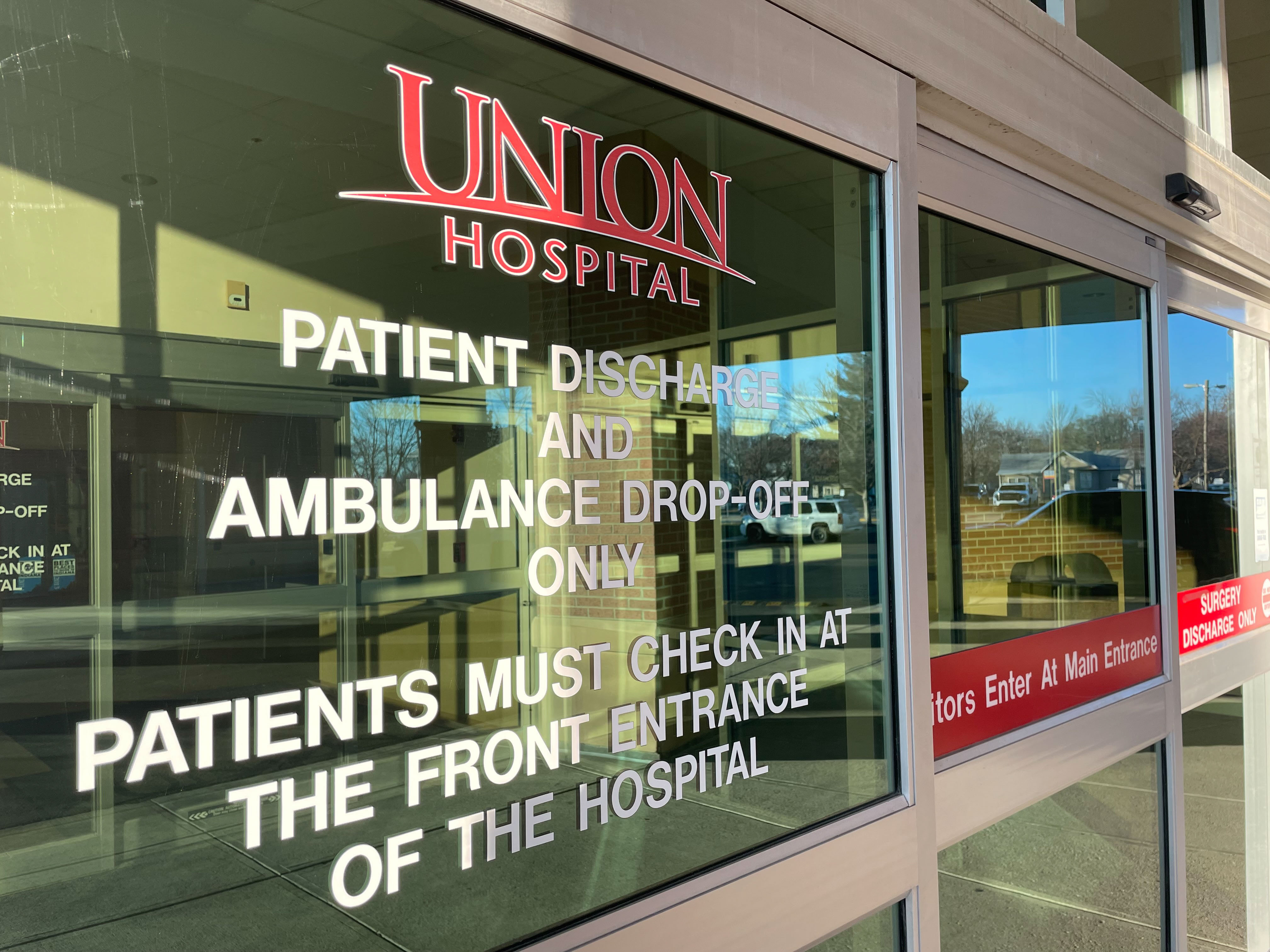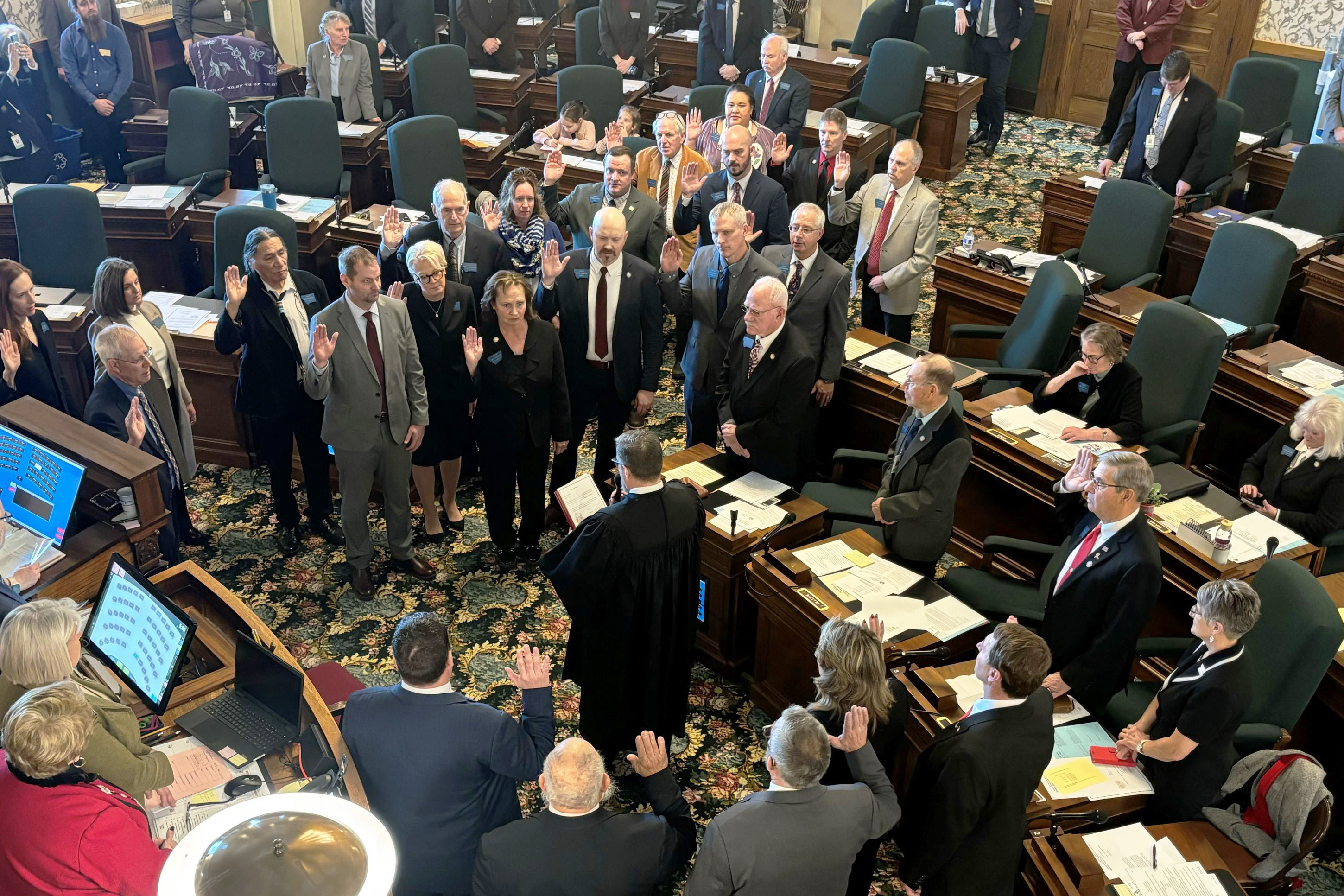In the ever-evolving landscape of healthcare, the emergence and integration of technology has been a game-changer. With the advent of online GP services, the terrain of medical consultation and patient care has been compellingly reshaped. This new model of healthcare delivery is not merely a temporary alternative but is paving the way for a new future in patient care and treatment.
The Advent of Online GP Consultation
The concept of an online GP consultation would have seemed far-fetched a few decades ago. However, with the acceleration of digital innovation, patients are now experiencing the convergence of convenience and high-quality healthcare through their screens. The very essence of general practice has been preserved, but the means of delivery have undergone a digital transformation.
One of the primary advantages of virtual visits is the elimination of travel and wait time, enabling patients to access healthcare professionals from the comfort of their own homes. This not only streamlines the process but also makes it possible for those with mobility issues, or individuals residing in remote areas, to have timely medical consultations.
Quality of Care in the Digital Realm
The quality of care provided via online platforms is held up to the same standards as in-person consultations. Accredited online GP services ensure that their healthcare professionals are fully licensed and trained to handle a variety of medical issues through virtual appointments. With secure video conferencing tools and electronic health records, doctors can diagnose, recommend treatment, and prescribe medication as needed.
Maintaining patient confidentiality and privacy remains a cornerstone of virtual healthcare services. Robust security measures are integral to the platforms' operations, ensuring that personal health information is protected in compliance with privacy laws and regulations.
The Scope of Online GP Services
Online GP services offer a wide range of healthcare provisions, from diagnosis to chronic disease management. How do these platforms cope with the vast scope of general practice? They utilise advanced digital tools to facilitate comprehensive patient assessments, and where necessary, they seamlessly integrate with other health services for tests and specialist referrals.
Patient education is another significant facet of these platforms. By providing resources and guidance online, it's possible to foster informed decision-making and encourage proactive health management among patients.
Challenges and Considerations
While the uptake of virtual GP services has been promising, there remain challenges and considerations that need to be addressed. Accessibility for individuals without the necessary technological resources or skills is one such challenge. There is also the matter of establishing the limits of what can be diagnosed and treated virtually versus when an in-person consultation is required.
Online platforms must carefully evaluate the nuances of each medical case they facilitate and guide patients to in-person services when that is the most prudent route. Additionally, regulatory frameworks continue to evolve as governments and institutions seek to establish standards and guidelines for these new models of care.
The Role of Patient Adaptation
Patient adaptation is a crucial component of the transition to online medical services. As patients become acquainted with scheduling appointments online, sharing information through secure portals, and engaging in telehealth consultations, their confidence in virtual healthcare increases.
It is a part of the responsibility of online GP providers to educate and guide their patients through this adaptation process to ensure optimal outcomes. Support and clear instructions on how to use the services can alleviate apprehensions about the virtual healthcare experience.
Continuity and Integration with Traditional Healthcare
For online GP services to have a longstanding impact, it is essential for them to work harmoniously with traditional in-person healthcare services. This requires the development of integrated systems that can share patient data securely between online and offline services, ensuring that patients receive uninterrupted and coordinated care.
A synergistic approach between online and traditional healthcare services will help maximise the efficiency and effectiveness of the resources at the disposal of the healthcare industry.
The Impact of Online GP Services on Healthcare Costs
Economic considerations are always a concern within the healthcare sector. Online GP services have the potential to reduce overhead costs associated with running a physical practice, potentially leading to savings for both providers and patients.
Moreover, by increasing accessibility and efficiency in healthcare delivery, these services could contribute to a reduction in unnecessary emergency room visits, thereby saving significant healthcare expenses for both individuals and the system as a whole.
Considering the Global Implications
The implications of online GP services extend beyond any single country's borders. As we embrace a more globalised healthcare approach, questions of licensing, accreditation, and standards across different jurisdictions come to the forefront. There is a necessity for international dialogue and cooperation to navigate these cross-border healthcare complexities effectively.
Preparing for the Future
As we navigate the future with online GP services, patients and healthcare providers alike are becoming more accustomed to digital health. This paradigm shift requires ongoing technological development, continuous professional training, and a sustained focus on patient safety and satisfaction.
For many, the ability to consult with a online GP has already made a significant difference in their lives, providing timely medical advice and care. As these services continue to evolve, they represent a key part of the bright future of healthcare—an era where quality, efficiency, and patient empowerment are at the forefront.
Conclusion
In conclusion, the integration of online GP services into the broader healthcare system highlights a forward-thinking approach to medical care. With substantial benefits for patient convenience, healthcare accessibility, and overall system efficiency, the future of virtual healthcare is filled with possibility. As with any advancement, careful navigation through regulatory, technological, and ethical considerations is required. However, the promise held by these services suggests a transformative impact on the delivery of healthcare, further cementing online GPs as a cornerstone of modern medicine.
Disclaimer:
The content is intended to augment, not replace, information provided by your clinician. It is not intended nor implied to be a substitute for professional medical advice. Reading this information does not create or replace a doctor-patient relationship or consultation. If required, please contact your doctor or other health care provider to assist you in interpreting any of this information, or in applying the information to your individual needs.




















 English (US) ·
English (US) ·